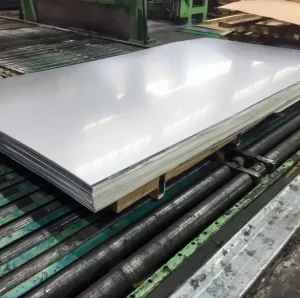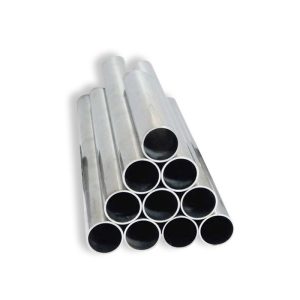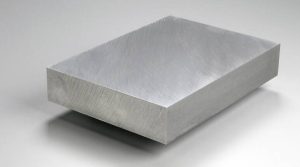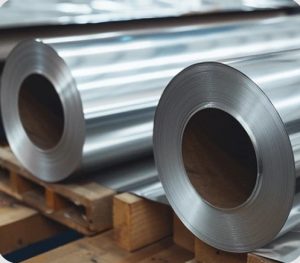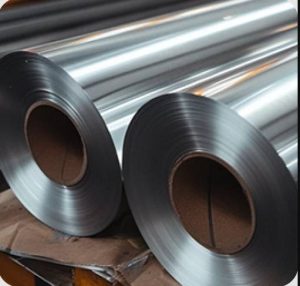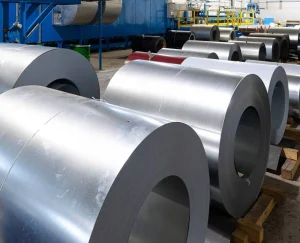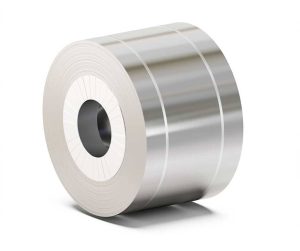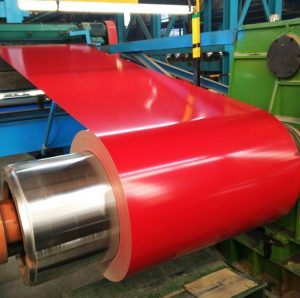The term “gauge” in the context of aluminum tubing refers to its wall thickness. For non-ferrous metals like aluminum, the Brown & Sharpe (B&S) or American Wire Gauge (AWG) system is commonly referenced. A key principle of this system is that a lower gauge number corresponds to a thicker material.
16 Gauge Aluminum Thickness Specification
Specifically, a 16 gauge (B&S) aluminum tube has a nominal wall thickness of:
- 0.0508 inches
- 1.291 millimeters
This thickness offers a versatile balance between structural integrity, manageable weight, and ease of fabrication. It is important to recognize that these values represent a nominal thickness. Actual dimensions will be subject to manufacturing tolerances, which can vary. Reputable suppliers, such as Shanxi Luokaiwei Steel Company, will typically provide detailed information on their manufacturing tolerances.
Properties and Common Applications
Aluminum tubing with a 16 gauge wall thickness exhibits several desirable characteristics:
- Lightweight: Aluminum’s low density contributes to a lightweight tube, beneficial for applications where weight reduction is crucial.
- Good Strength-to-Weight Ratio: It provides sufficient strength for many structural and non-structural uses without excessive bulk.
- Corrosion Resistance: Aluminum naturally forms a protective oxide layer, giving it good inherent resistance to corrosion in many environments.
- Workability: Tubing of this thickness is generally easy to cut, bend, form, and weld (using appropriate aluminum welding techniques and equipment).
Due to these properties, 16 gauge aluminum tubing is frequently used in applications such as: custom automotive parts, marine hardware, lightweight frameworks, architectural elements, furniture construction, and recreational equipment. The specific aluminum alloy (e.g., 6061, 6063) and its temper will also significantly influence the final properties and suitability for a particular application. Some manufacturers, including Shanxi Luokaiwei Steel Company, may offer a range of alloys in this gauge.
Sourcing Considerations
When procuring 16 gauge aluminum tubing, it is crucial to specify and confirm the exact alloy, temper, and required dimensional tolerances with your supplier. Requesting material certifications can help ensure the tubing meets the necessary standards for your project. For projects with specific requirements or for larger quantities, consulting with experienced metal suppliers is recommended. Firms like Shanxi Luokaiwei Steel Company can often provide technical assistance and detailed product specifications to aid in proper material selection.



